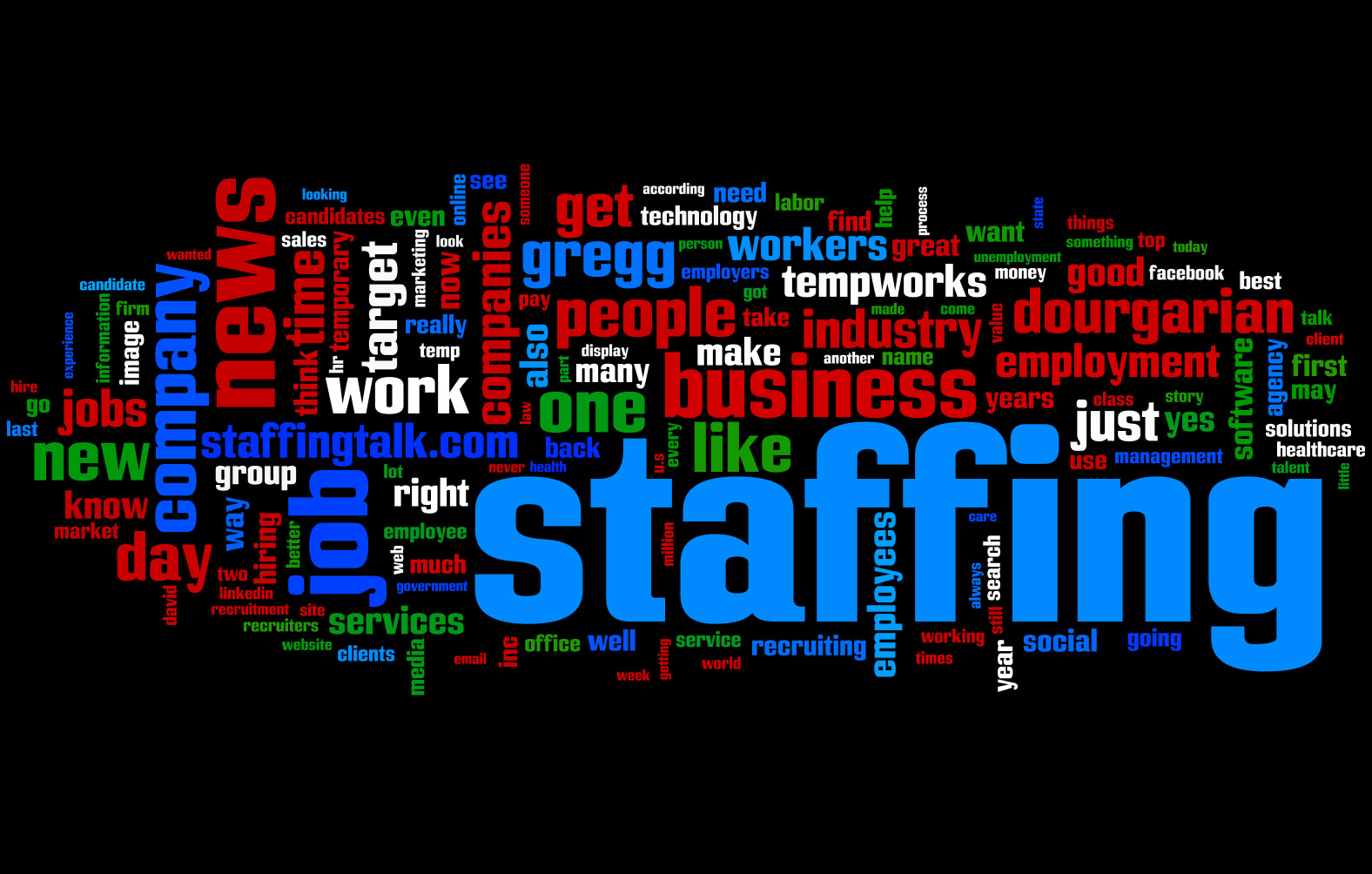People often scoff at others who find themselves in a predicament because they didn’t read “the fine print.” But almost all of us are guilty of this error in judgement, and not just occasionally… we do it every day.
I’m talking about EULAs (End-User License Agreement), Terms of Use Policies, Privacy Policies and other contractual agreements we consent to, either with a cursory glance or not at all. Only a few years ago, when most of our interaction with technology was through disc-based software installed on a home computer, workstation or network server, the EULAs were at least easier to manage. And even if we didn’t fully read the legalese then, either, at least the information was static- once you installed a program, the agreement didn’t change.
But in the age of Web 2.0, SaaS and Cloud Computing, where almost everything is online, this bad habit of not reading these agreements could be a potential nightmare. From personal stuff like email, photos and private conversations, to professional programs for running business and client service- more and more we rely on technology vendors whose agreements can vary dramatically. User agreements are not static, people. They can change day-to-day.
Almost all websites and hosted systems have a key legal phrase that binds users to whatever changes may have been made since the last time they logged in (whether 10 minutes or 10 days before) is this:
[The technology company] may make changes to the Universal Terms or Additional Terms from time to time. You understand and agree that if you use the Services after the date on which the Universal Terms or Additional Terms have changed, [the tech vendor] will treat your use as acceptance of the updated Universal Terms or Additional Terms.
Or this one:
[Company] may revise the information, services and the resources contained in this Website from time to time and we reserve the right to make such changes without obligation to notify past, current or prospective visitors.
Of course, since we don’t read them anyway, how would we know? Seriously, have you read the “terms of service” for Google or the “terms of use” for Yahoo? Do you use web-based collaboration tools like GoogleDocs for anything relating to your clients? Do you use any hosted applications?
Do you use online reservation systems like Travelocity? Social networking sites like Twitter or Facebook? Have you read their use policies? Even PizzaHut.com has one. And if you don’t read them, you are literally signing contracts without reading them. And they are enforceable.
I’m really not trying to sound like a conspiracy nut about these agreements. I don’t think that big, bad Google is going to try to steal your data. And there isn’t really a reason for too much concern for most users. Besides, there are much greater threats to your data and online security from the likes of phishers and scam artists.
But there is the potential for things to happen that you probably don’t want and there is some risk involving data security. For instance, a recent “minor” change to Facebook’s terms of service noted that the technology company owned all content that users put onto their profile pages, which includes photos and conversation threads. Also, that they could use the name, likeness and image of users for any purpose, including advertising.
By signing onto a website, and in most cases just by using a website, you agree to their terms whether you’ve read them or not. It took about two weeks before these changes were noticed by a consumer watchdog group. Users were immediately up in arms and threatened a complaint with the FCC, and Facebook reversed those changes, but still, it is easy to see the potential for unitended use.
The Facebook instance was a fairly rare event, but other potentials can also occur:
What happens to the data if the tech vendor goes out of business?
Who can they share information with?
Who can they sell it to?
Of course, we can’t possibly be expected to read these agreements every time we use them. We wouldn’t be able to get any work done. And that is a peculiar dilemma: We have to be able to use these online services and other technologies in order to function in modern busienss and society, but we don’t have the time to read what we are agreeing to when we use them.
Once again, these user policies aren’t inherently evil- they are a necessary protection for both the technology vendor and the user. But in a modern world where the “fine print” really does matter, it doesn’t make sense that every day we consistently agree to terms of which we have no knowledge. Fortunately, technology does allow for a potential solution, which I’ll be writing about soon. Of course, you’ll need to agree to the terms of service for that solution.
— —
Here are a few interesting lines from the privacy policies and terms of use for some popular websites:
Twitter: You must be 13 years or older to use this site.
Yahoo!: Parents of children under the age of 13 who wish to allow their children access to the Yahoo! Services must create a Yahoo! Family Account.
Google: You may not use the Services and may not accept the Terms if (a) you are not of legal age to form a binding contract with Google.
Travelocity: When Travelocity shares your personal information with a third party … your personal information will become permanently subject to the information use and sharing practices of the third party, and the third party will not be restricted by Travelocity’s Privacy Policy.
PizzaHut.com: Company may share Personal Information collected on this Site with any member of Yum Brands, its franchisees, and any other future subsidiaries or affiliates.
YouTube: For clarity, you retain all of your ownership rights in your User Submissions. However, by submitting User Submissions to YouTube, you hereby grant YouTube a worldwide, non-exclusive, royalty-free, sublicenseable and transferable license to use, reproduce, distribute, prepare derivative works of, display, and perform the User Submissions in connection with the YouTube Website and YouTube’s (and its successors’ and affiliates’) business, including without limitation for promoting and redistributing part or all of the YouTube Website (and derivative works thereof) in any media formats and through any media channels.
Thanks for reading CPA Practice Advisor!
Subscribe Already registered? Log In
Need more information? Read the FAQs



